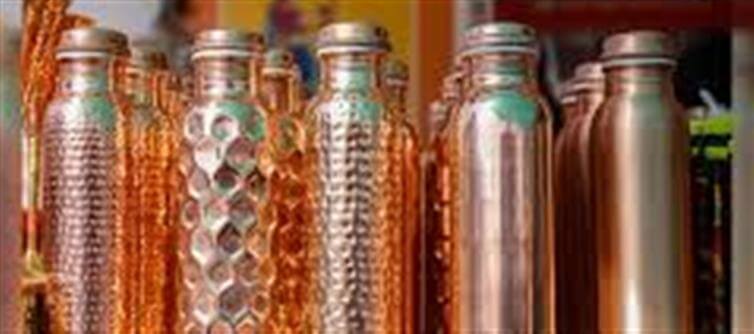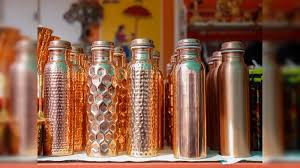
Drinking water from copper bottles in moderation is generally considered safe and may even offer some health benefits, but excessive copper intake can negatively affect the kidneys. copper is an essential trace mineral involved in many bodily functions, including immune response, iron absorption, and enzyme activity. When stored in a copper bottle, water absorbs small amounts of copper, which may provide a mild supplement to your daily intake.
However, problems can arise if copper exposure becomes too high. Overconsumption of copper, especially from sources like corroded copper pipes, unlined copper containers, or overuse of copper bottles, can lead to copper toxicity. The kidneys, which filter out waste and excess minerals from the blood, can become stressed or damaged by an overload of copper. Symptoms of copper toxicity include nausea, vomiting, abdominal pain, and, in severe cases, kidney or liver damage.
For most people, using a copper bottle occasionally or drinking water that has been stored in it for a few hours poses little risk. In fact, Ayurveda, the ancient indian system of medicine, has long recommended drinking water from copper vessels for its antimicrobial and health-promoting properties. But it’s important to use clean, high-quality copper bottles and avoid prolonged storage that might result in leaching of excessive copper, especially if the water is acidic or stored too long.
To stay safe, ensure your copper bottle is cleaned regularly and used correctly—ideally filling it with plain water and letting it sit for 6–8 hours before drinking. Avoid using copper bottles for acidic beverages like citrus juice, which can accelerate copper leaching. If you have a kidney condition or are concerned about mineral balance, it’s wise to consult a healthcare provider before regularly drinking from copper containers.
Disclaimer: This content has been sourced and edited from Indiaherald. While we have made adjustments for clarity and presentation, the unique content material belongs to its respective authors and internet site. We do not claim possession of the content material.





 click and follow Indiaherald WhatsApp channel
click and follow Indiaherald WhatsApp channel